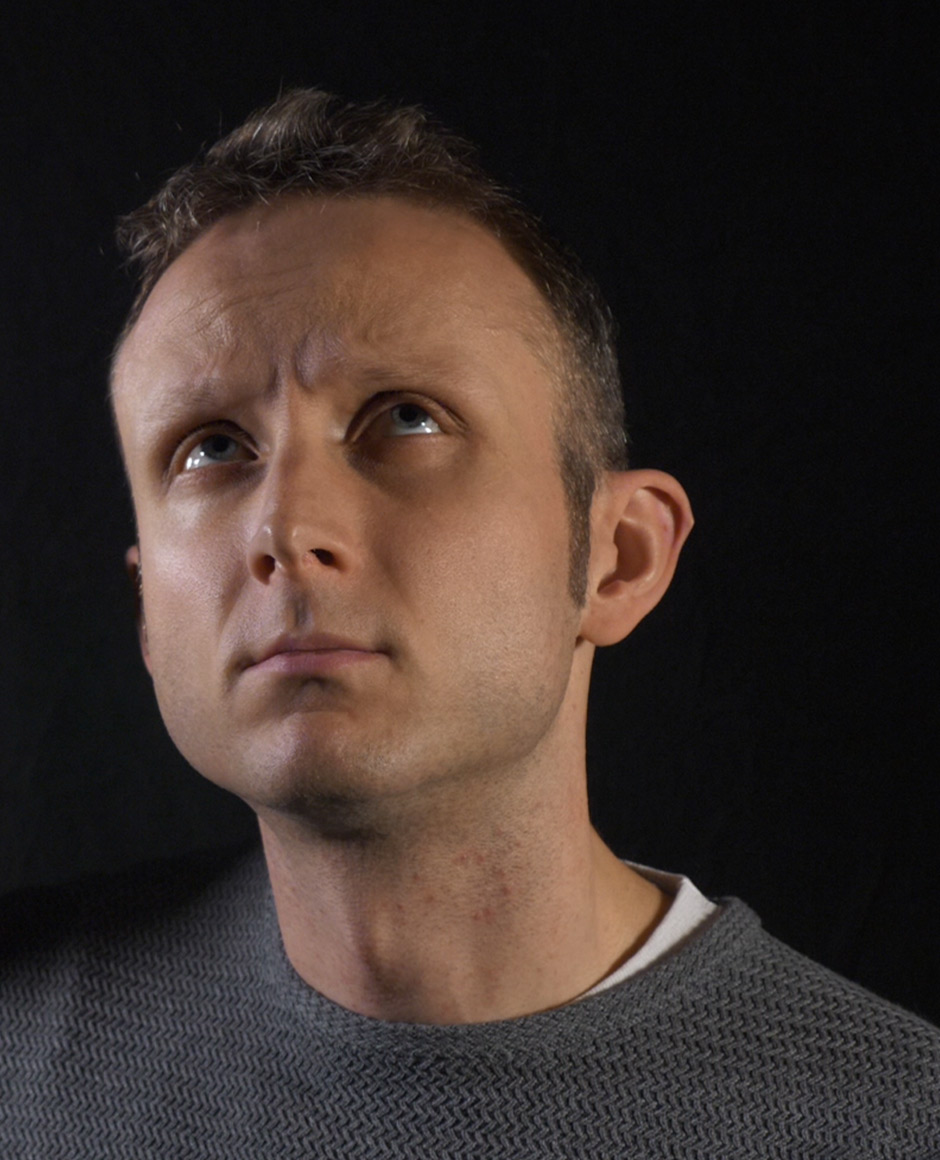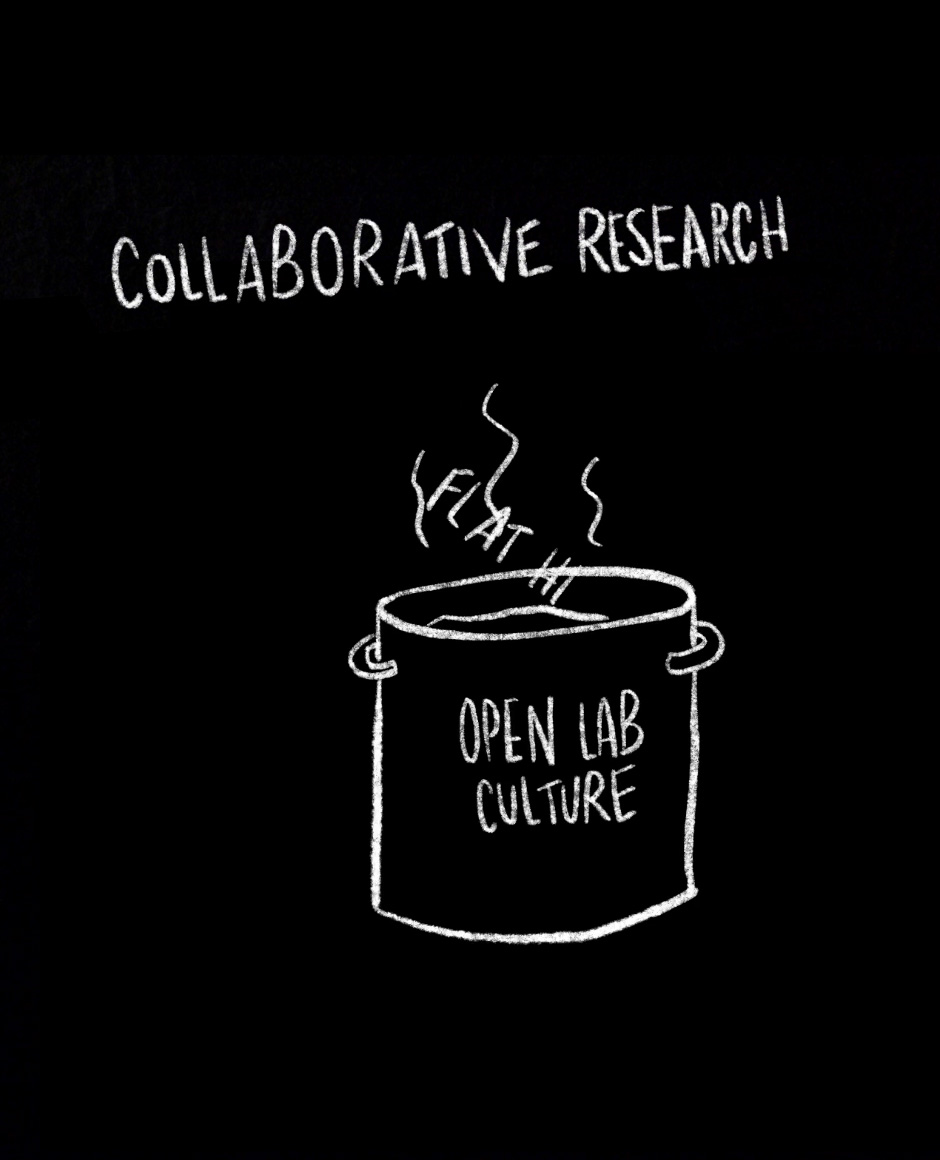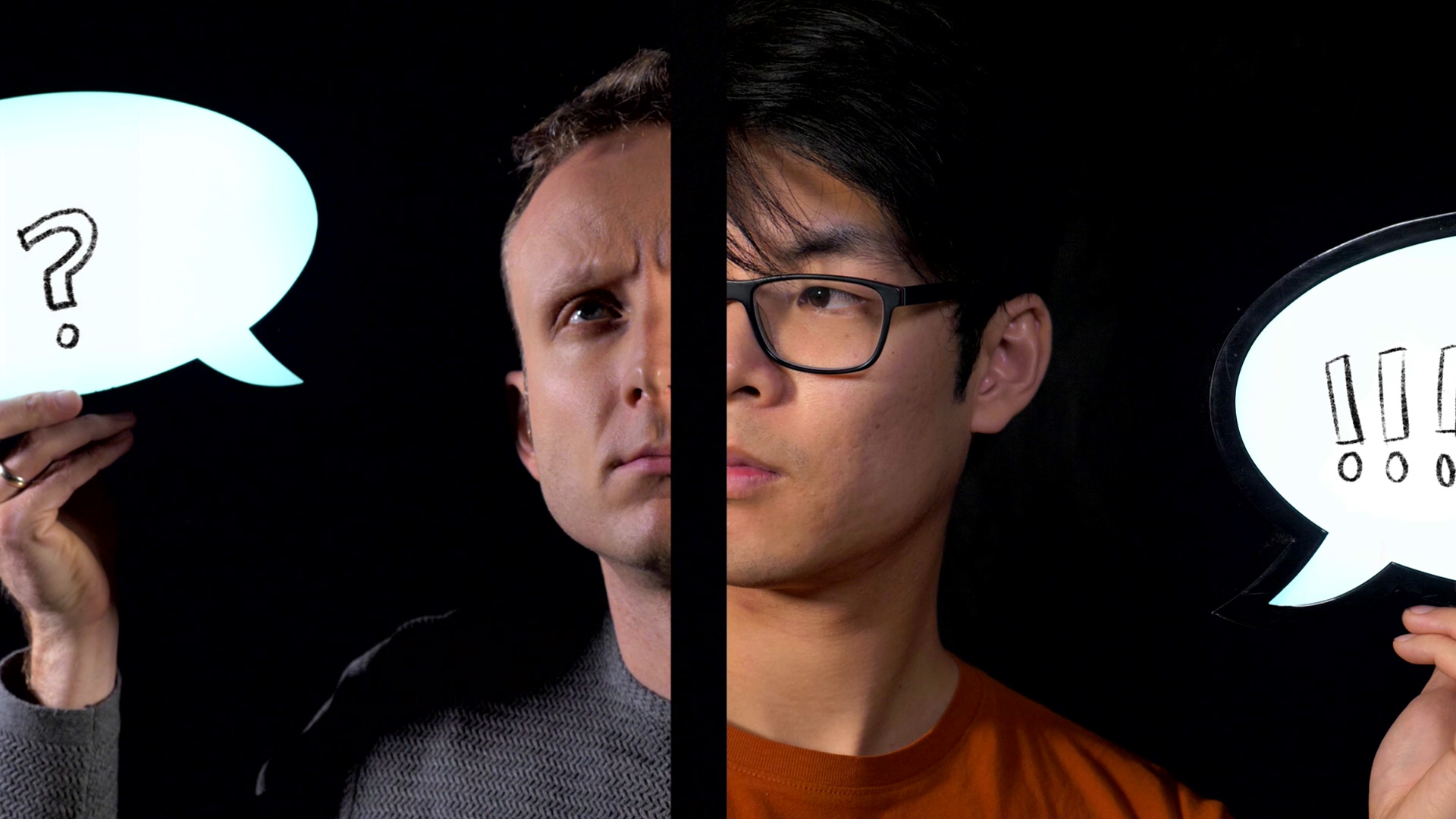
Part 02 – Responsibilities
An open and collaborative lab culture requires mutual trust
In the last blog entry about hiring the right people, I mentioned the importance of diversity – in every sense. This was the conclusion from the initial question of what should be the ideal skill set of team members to make the group as effective and successful as possible. But, obviously, the people you hire to work with you won’t only bring along their scientific skills, they will also shape the culture in your group. Our lab culture, with a focus on the responsibilities of the group leader, is the content of this episode.
I cannot stress more that I am in favour of an open and collaborative culture. When you start googling this topic, you will find many articles and blog entries about the benefits of open working culture – not only in science but also in industry (e.g. “Lab leaders must create open and safe spaces to improve research culture”, “Lab culture: Part 1. What is lab culture”, “Lab is where the heart is? Trials and tribulations of lab culture”, “Why should you adopt an open working culture in the age of the individual?”). However, if you have worked in different places, you might have experienced yourself that there is a big variety of styles how to run a research group. This can range from the ideal open-mindedness and collaborative environment to super-competitive dictatorships, with the latter sometimes being quite successful. You could now start a long discussion why this is the case and who is responsible for that, but I would like to focus here on how to create an open and collaborative lab culture.
Openness requires mutual trust. This is probably why it is hard work to achieve an open and collaborative culture in the group. New members of the group for example won’t feel this trust from day one. It is something you have to work towards and typically is happening (probably subconsciously) in a careful stepwise approach. As you’ve seen in the example in the video, it can be difficult to judge, how open you can or should be, particularly if the other person is your supervisor. Therefore, it’s down to the PI to make sure that everybody in the group knows that it is important to discuss issues openly and that it is completely normal to sometimes feel stuck or be frustrated with your project or science altogether. One remarkable sentence that Quint said in the video was “I can just come to him and talk about scientific problems, but also my personal problems with being a scientist”. I would like to highlight that sentence, because working in science can be very challenging and demanding and can also have strong effects on your social life (just have a look at the grim outcome of a survey commissioned by the Wellcome Trust). Therefore, it is important that particularly young researchers have someone they can talk to. In the first instance, this should be the PI. But, it is also important that there are other people in your institution to whom researchers can go to and talk in confidence if they have issues with their PI that they can’t solve on their own.


To achieve a collaborative environment within the group, I think it is important to plan the individual projects carefully so that there is enough overlap that brings them together and fosters collaboration. At the same time, it is crucial to make sure that everyone has a well-defined topic “untouched” by others. With research projects, we all know that even if you manage to plan them in this fashion, this does not mean that in the end they will/can also be executed as planned. You will need to allow some flexibility. For example, it is not always the best idea to define the order of the authors on a paper before you start the scientific work. But at the same time, you need to keep track of the contributions and keep the whole process fair. Otherwise, people with a more competitive mind-set might (consciously or subconsciously) take over parts of a project that were actually someone else’s own topic.
To achieve a collaborative environment within the group, I think it is important to plan the individual projects carefully so that there is enough overlap that brings them together and fosters collaboration. At the same time, it is crucial to make sure that everyone has a well-defined topic “untouched” by others. With research projects, we all know that even if you manage to plan them in this fashion, this does not mean that in the end they will/can also be executed as planned. You will need to allow some flexibility. For example, it is not always the best idea to define the order of the authors on a paper before you start the scientific work. But at the same time, you need to keep track of the contributions and keep the whole process fair. Otherwise, people with a more competitive mind-set might (consciously or subconsciously) take over parts of a project that were actually someone else’s own topic.

Another important point to push collaborative efforts within the group is constructive criticism. In my opinion, this is a crucial ingredient in general for a research lab. Fruitful discussions can only really happen if everybody is open to critical feedback. Often, we are stuck in our bubble in the way we think and how we approach problems in our projects. We have the feeling that we have already spent months or years on a certain topic and critical comments from clearly non-experts might seem in the first instance just annoying. But often they offer the basis for a new way of tackling issues or force us to think in different directions. Criticism is never something that makes you instantaneously happy, but it is something that will make you happier in the long run. Truly open discussions in the group meetings make use of the collective experience and knowledge of the whole group and will therefore also improve the success of the individual projects.
These are only a few personal thoughts on the topic of lab culture and what you as a PI can do to improve it. For more details, I can recommend the article “Lab is where the heart is? Trials and tribulations of lab culture”, which also includes some practical suggestions. Other articles (e.g. “Lab culture: Part 1. What is lab culture”) also focus on the other side, i.e. how to pick a lab as a PhD student or postdoc. The lab culture has to match your options and your character as a scientist. If the mismatch is too large, your level of happiness can be very low, even if you are working on an exciting project or in a (in general) very successful group.
I would be interested in your thoughts on lab culture. What is most important from your point of view?


In the individual episodes and blog entries, I will share my experiences and discuss different topics, which are concerning us in our everyday lives as scientists. Join the discussion, share your opinions and help to solve issues in our scientific culture.

